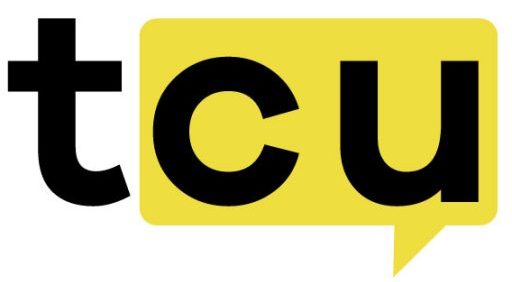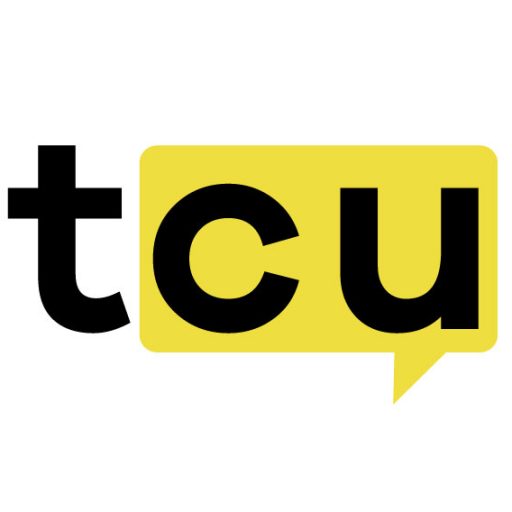Strategic Partnership for Web3 Entertainment
Audiera, the Web3 entertainment platform, has formed a strategic partnership with Endless Protocol to address the infrastructure challenges facing blockchain-based gaming and entertainment. This collaboration aims to combine Audiera’s AI-driven entertainment platform with Endless’s cloud technology, creating what both companies hope will be a more cohesive infrastructure for Web3 applications.
I think this partnership comes at an interesting time. Web3 gaming has been struggling with performance issues for years, and many users have been frustrated by the trade-offs between decentralization and user experience. This collaboration might actually help bridge that gap, though we’ll have to see how it plays out in practice.
Technical Infrastructure Improvements
Endless Protocol brings some interesting technical capabilities to the table. Their cloud platform claims to handle tens of thousands of on-chain transactions per second with finalization in just 0.5 seconds. That’s significantly faster than many existing blockchain solutions, though I’m always a bit cautious about these performance claims until we see real-world testing.
The platform uses zero-knowledge proofs, Byzantine Fault Tolerance consensus, and a Move-based parallel execution engine. For those unfamiliar, Move is the same programming language used by projects like Aptos and Sui, which suggests they’re building on established foundations rather than reinventing everything from scratch.
What’s interesting here is the attempt to combine traditional cloud service performance with blockchain’s security and decentralization. That’s been a tough nut to crack, and many projects have struggled to deliver on similar promises.
Audiera’s Entertainment Ecosystem
Audiera isn’t starting from zero. They’re building on the Audition rhythm game franchise, which apparently had over 560 million members at some point. That’s a substantial user base to potentially migrate to Web3, though converting Web2 users to Web3 platforms has proven challenging for many projects.
The platform incorporates AI-powered music composition, dance-to-earn mechanics, and tokenized rewards through their BEAT token. The BEAT token is already listed on major exchanges like Binance, OKX, and KuCoin, which gives them some market presence.
But here’s the thing – Web3 gaming has been trying to move beyond simple play-to-earn models for a while now. The focus seems to be shifting toward more complex entertainment experiences, and this partnership might help Audiera deliver that.
Broader Industry Context
This isn’t Audiera’s only partnership. They’ve been building relationships with various AI and blockchain companies, including ChainAware.ai for AI-driven entertainment networks and Marina Protocol for integrating music and dance with blockchain rewards. They’re also working with Cwallet on multi-chain capabilities across 60 blockchain networks.
That’s quite an ambitious scope, and it makes me wonder if they’re spreading themselves too thin. Building across so many chains and partnerships could create integration challenges, though it does provide flexibility.
Endless Protocol itself has raised significant funding – $110 million with a $1 billion valuation from investors like Foresight Ventures. That level of backing suggests confidence in their technology, though we’ve seen well-funded projects struggle before.
Looking Forward
Partnerships like this one are becoming increasingly important as Web3 gaming matures. The early days of simple play-to-earn games are giving way to more sophisticated entertainment experiences that require better infrastructure.
If this collaboration delivers on its promises, it could help set new standards for what users expect from blockchain applications. But that’s a big “if” – we’ve seen many infrastructure projects promise revolutionary improvements that take longer to materialize than expected.
The real test will be whether developers actually build on this infrastructure and whether users notice the difference in their gaming experiences. Technical improvements are great, but they only matter if they translate to better user experiences.
For now, it’s encouraging to see specialized infrastructure providers and application-layer projects working together. That kind of collaboration has been missing in some parts of the Web3 space, where everyone tries to build everything themselves.
![]()



